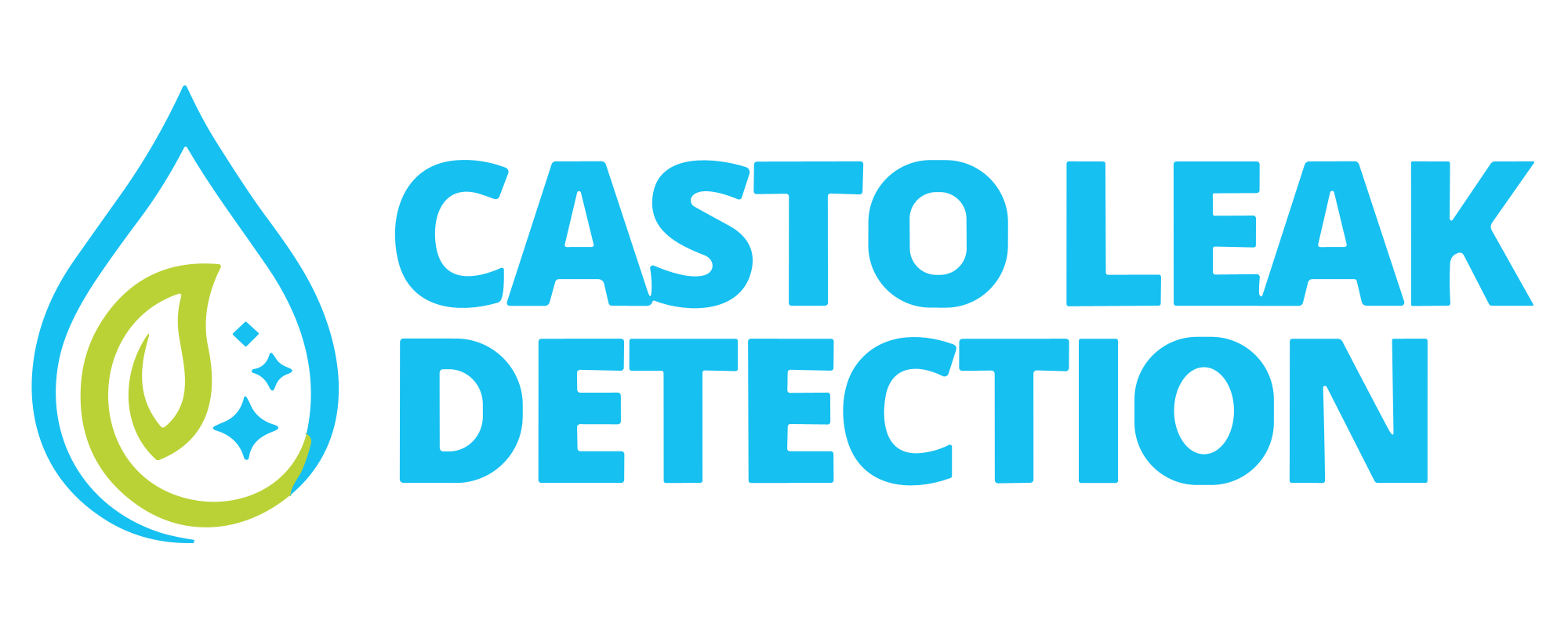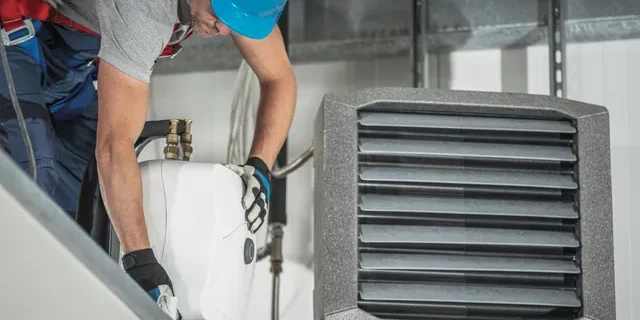Maintaining a gas water heater is crucial for ensuring a consistent supply of hot water in your home. Gas water heater repair involves addressing common issues, performing regular maintenance, and knowing when to call in a professional. In this comprehensive guide, we’ll explore everything you need to know about gas water heater repair, from diagnosing problems to preventative maintenance.
Understanding Gas Water Heater Repair
What is a Gas Water Heater?
A gas water heater uses natural gas or propane to heat water for household use. These units are commonly found in homes due to their efficiency and reliability. There are various types of gas water heaters, including tankless and traditional tank models, each serving the purpose of providing a steady flow of hot water.
Importance of Gas Water Heater Maintenance
Regular maintenance of a gas water heater is essential to ensure it operates efficiently and safely. Proper upkeep can extend the lifespan of the heater, improve its performance, and prevent costly repairs. Neglecting maintenance can lead to a variety of problems, including inefficient heating and potential safety hazards.
Signs Your Gas Water Heater Needs Repair
Knowing when your gas water heater requires repair is crucial for avoiding more significant issues. Common signs include unusual noises such as popping or rumbling, inconsistent water temperatures, and visible leaks or water discoloration. Addressing these issues promptly can prevent further damage and maintain the unit’s efficiency.
Common Gas Water Heater Problems
Pilot Light Issues
The pilot light is a small flame that ignites the gas burner. If it goes out, the water heater won’t heat the water. Common causes of pilot light failure include a faulty thermocouple, gas supply issues, or a draft blowing it out. Relighting the pilot light can often resolve the problem, but persistent issues may require professional assistance.
Thermocouple Problems
The thermocouple is a safety device that shuts off the gas if the pilot light goes out. A malfunctioning thermocouple can prevent the water heater from operating. Common issues include a dirty or damaged thermocouple. Repairing or replacing a faulty thermocouple is essential for safe and efficient operation.
Sediment Build-Up
Sediment build-up in the tank can affect the water heater’s performance. Over time, minerals from hard water settle at the bottom of the tank, reducing efficiency and causing noise. Signs of sediment accumulation include rumbling sounds and reduced hot water supply. Flushing the tank regularly helps prevent sediment build-up and maintains the heater’s efficiency.
Diagnosing Gas Water Heater Problems
Visual Inspection
Conducting a visual inspection is a crucial first step in diagnosing gas water heater problems. Look for signs of leaks, check the burner flame for a steady blue color, and inspect the tank for rust and corrosion. Identifying these issues early can prevent more significant problems and costly repairs.
Listening for Noises
Unusual noises from your gas water heater can indicate underlying issues. Rumbling and popping sounds often result from sediment build-up, while whistling or hissing may suggest a pressure or gas leak. Understanding the types of noises and their causes can help in diagnosing and addressing the problem.
Testing Water Temperature
Inconsistent water temperature is a common issue with gas water heaters. Use a thermometer to test the water temperature at different fixtures in your home. Adjust the thermostat if necessary and ensure the heater maintains a consistent hot water supply. If temperature fluctuations persist, further investigation may be needed.
Repairing Common Issues
Relighting the Pilot Light
If the pilot light goes out, relighting it is often a straightforward fix. Follow the manufacturer’s instructions for relighting, ensuring you take necessary safety precautions. If the pilot light won’t stay lit, there may be an issue with the thermocouple or gas supply, requiring professional intervention.
Replacing a Faulty Thermocouple
A faulty thermocouple can prevent the pilot light from staying lit. Replacing a thermocouple involves turning off the gas supply, removing the burner assembly, and installing a new thermocouple. Testing the new thermocouple ensures it functions correctly, restoring the water heater’s operation.
Flushing the Water Heater Tank
Flushing the tank removes sediment build-up and improves efficiency. To flush the tank, turn off the gas and water supply, attach a hose to the drain valve, and allow the water to drain. After flushing, refill the tank and relight the pilot light. Regular flushing extends the water heater’s lifespan and maintains optimal performance.
When to Call a Professional
Understanding Your Limits
While some gas water heater repairs can be done by homeowners, it’s essential to recognize your limits. Complex issues, such as gas leaks or extensive corrosion, require professional expertise. Attempting repairs beyond your skill level can be dangerous and lead to further damage.
Choosing a Qualified Technician
When selecting a technician for gas water heater repair, consider their certification, licensing, and experience. Look for professionals who specialize in gas water heaters and have positive customer reviews. A qualified technician ensures safe and efficient repairs, providing peace of mind.
Cost of Professional Repairs
Professional repair costs vary based on the issue and the technician’s rates. On average, expect to pay between $150 and $400 for common repairs. Factors affecting costs include the complexity of the problem and the parts required. Obtaining multiple quotes helps in finding affordable and reliable repair services.
Preventative Maintenance Tips
Regular Inspection Schedule
Establishing a regular inspection schedule is crucial for preventative maintenance. Perform monthly visual checks for leaks, rust, and other issues. Schedule annual professional inspections to ensure all components are functioning correctly. Keeping a maintenance log helps track the condition of your water heater over time.
Water Heater Maintenance Checklist
A comprehensive maintenance checklist includes checking the anode rod, testing the pressure relief valve, and insulating the water heater. Inspecting and replacing the anode rod prevents tank corrosion while testing the pressure relief valve ensures safe operation. Insulating the tank reduces heat loss and improves efficiency.
Extending the Life of Your Gas Water Heater
To extend the lifespan of your gas water heater, reduce sediment build-up by flushing the tank regularly and maintaining optimal temperature settings. Using water-softening solutions can also prevent mineral deposits, ensuring efficient operation. These practices help maximize the water heater’s longevity and performance.
Safety Considerations for Gas Water Heaters
Handling Gas Leaks
Gas leaks are a serious safety concern. Recognize signs of a gas leak, such as a rotten egg smell or hissing sound. If you suspect a leak, turn off the gas supply, evacuate your home, and call emergency services. Installing carbon monoxide detectors adds an extra layer of protection against gas leaks.
Preventing Water Damage
Water damage from a leaking water heater can cause significant issues. Installing a drain pan under the heater and regularly checking for leaks prevents damage. Using a water alarm alerts you to potential leaks before they become severe, protecting your home from water damage.
Proper Ventilation
Proper ventilation is essential for the safe operation of a gas water heater. Ensure adequate venting to expel combustion gases, and regularly check for blockages in the vent system. Installing ventilation upgrades, such as high-efficiency venting, enhances safety and performance.
Cost Considerations for Gas Water Heater Repair
Material Costs
Material costs for gas water heater repair include replacement parts such as thermocouples, anode rods, and pressure relief valves. Prices vary based on the quality and brand of the parts. Finding affordable options involves comparing prices from different suppliers and considering generic alternatives.
Labor Costs
Labor costs depend on the technician’s hourly rates and the complexity of the repair. On average, labor costs range from $50 to $150 per hour. DIY repairs can save on labor costs, but ensure you have the necessary skills and tools to avoid further damage.
Long-Term Savings
Investing in regular maintenance and high-quality repairs offers long-term savings. Energy-efficient repairs reduce utility bills, and proper maintenance extends the water heater’s lifespan. These savings offset the initial costs, making regular maintenance a cost-effective strategy.
Finding Reliable Repair Services
Researching Technicians
Finding reliable repair services involves thorough research. Start by seeking recommendations from friends, family, or online reviews. Evaluate technicians’ credentials, experience, and specialization in gas water heaters. Reliable technicians often have positive feedback and a history of successful repairs.
Questions to Ask Potential Technicians
When interviewing potential technicians, ask about their experience with gas water heaters, warranty details, and estimated timelines for repairs. Understanding their expertise and guarantees helps in making an informed decision. Ensure they provide a detailed estimate to avoid unexpected costs.
Finalizing the Service Agreement
Finalizing the service agreement involves understanding the scope of work, costs, and warranty information. Get a written estimate outlining all aspects of the repair. Clear communication ensures both parties understand the expectations, leading to a successful repair experience.
Frequently Asked Questions (FAQs)
1. How often should I flush my gas water heater?
It’s recommended to flush your gas water heater at least once a year to remove sediment build-up and maintain efficiency.
2. What should I do if my pilot light keeps going out?
If your pilot light keeps going out, check the thermocouple and gas supply. If the issue persists, contact a professional technician.
3. How can I tell if my gas water heater has a gas leak?
Signs of a gas leak include a rotten egg smell, hissing sounds, and an increase in gas bills. If you suspect a leak, evacuate your home and call emergency services.
4. Is it worth repairing an old gas water heater?
Repairing an old gas water heater can be cost-effective if the repairs are minor. However, if the unit is over 10-15 years old and requires frequent repairs, replacement may be a better option.
5. How do I know if my thermocouple is faulty?
A faulty thermocouple will prevent the pilot light from staying lit. If relighting the pilot doesn’t work, the thermocouple may need replacement.
6. What is the average lifespan of a gas water heater?
The average lifespan of a gas water heater is 8-12 years, depending on maintenance and usage. Regular maintenance can extend its lifespan.
7. Can I replace the anode rod myself?
Yes, replacing the anode rod is a relatively simple task. However, if you’re unsure or uncomfortable, it’s best to hire a professional.
8. How can I improve the efficiency of my gas water heater?
Improving efficiency involves regular maintenance, such as flushing the tank, insulating the heater, and maintaining optimal temperature settings.
9. What temperature should I set my gas water heater to?
The recommended temperature for a gas water heater is 120°F (49°C) to ensure safety and efficiency.
10. Why is my gas water heater making rumbling noises?
Rumbling noises are often caused by sediment build-up in the tank. Flushing the tank can help resolve this issue and restore efficiency.
Conclusion
Gas water heater repair is essential for maintaining a consistent hot water supply and ensuring the safety of your home. Regular maintenance, timely repairs, and an understanding of common issues can prevent costly problems.
Stay proactive with regular inspections and maintenance. Know your limits and call a professional when needed. Maintaining your gas water heater extends its lifespan and ensures efficient operation.







